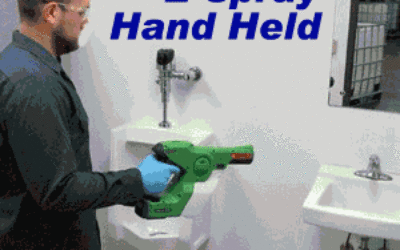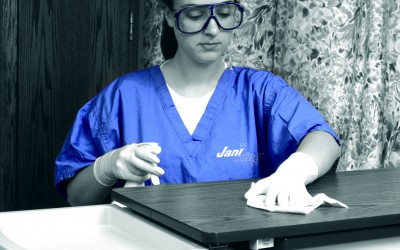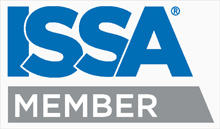Electrostatic Spray Application of Disinfectants in Healthcare
|0 Comment
A New Tool For Healthcare to help prevent the spread of contagious illness and Healthcare Acquired Infections Illnesses which are Costly to Hospitals and Care Facilities: Hospitals, nursing homes and other care facilities have made great strides in reducing the spread of infectious il






